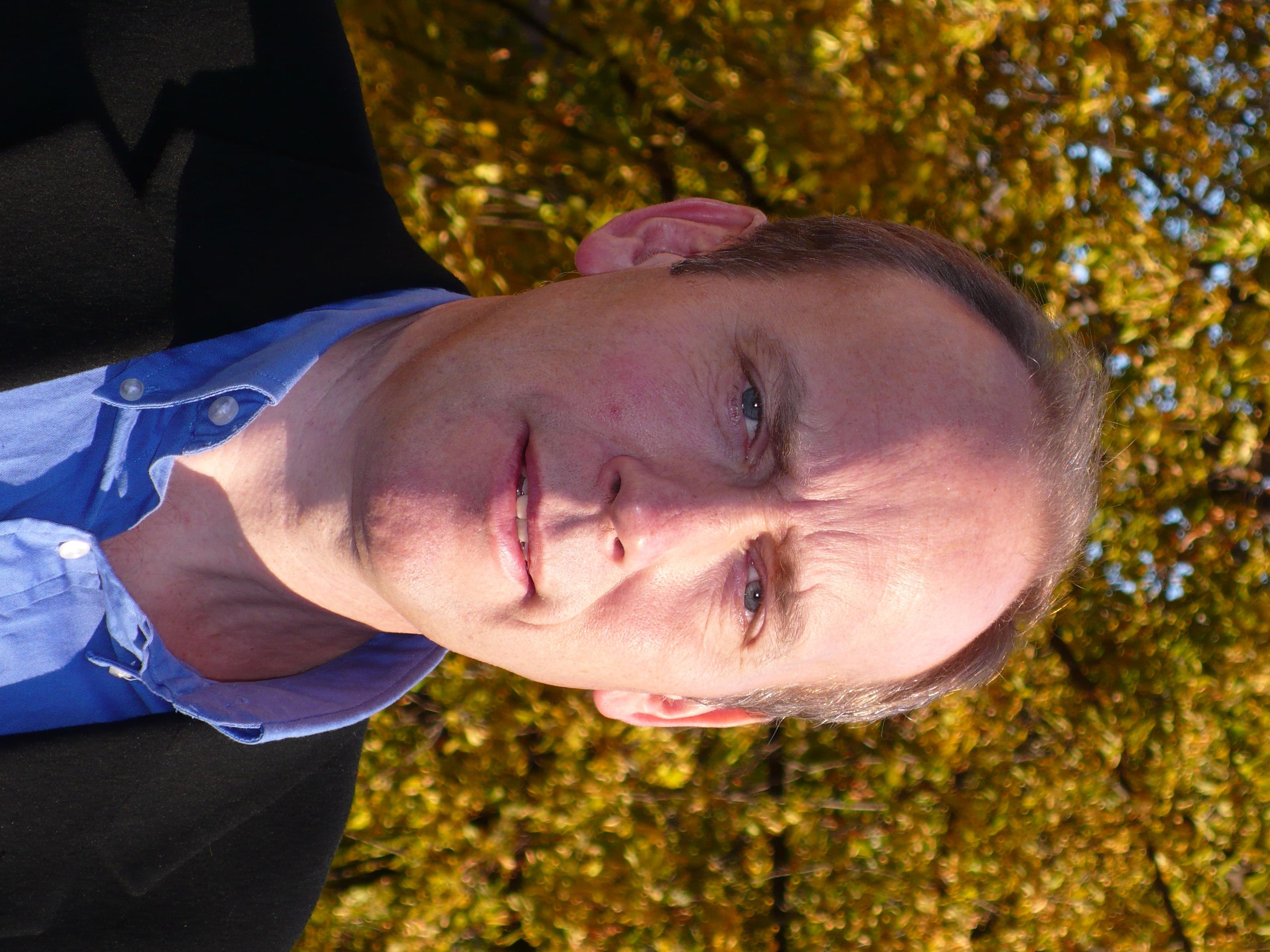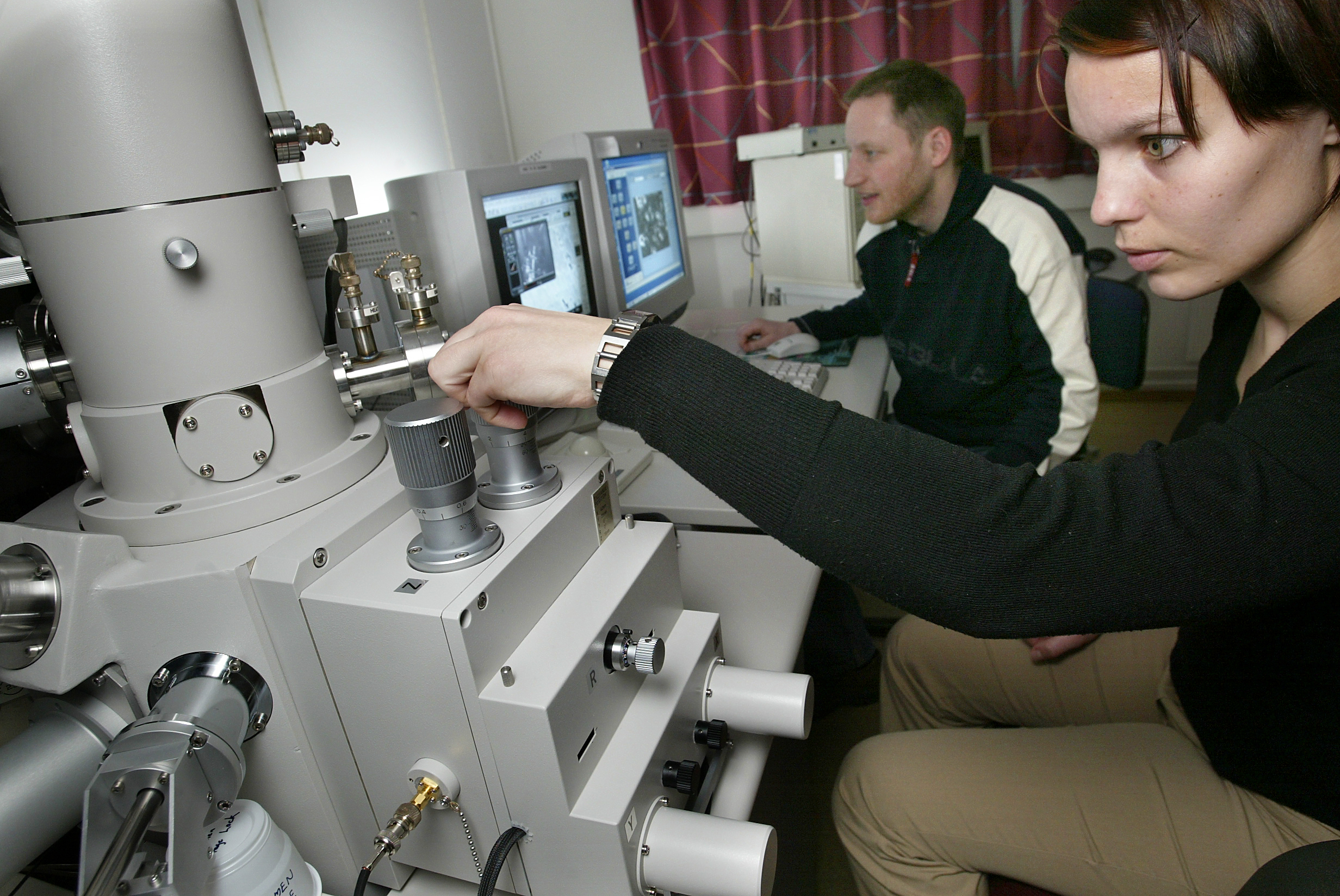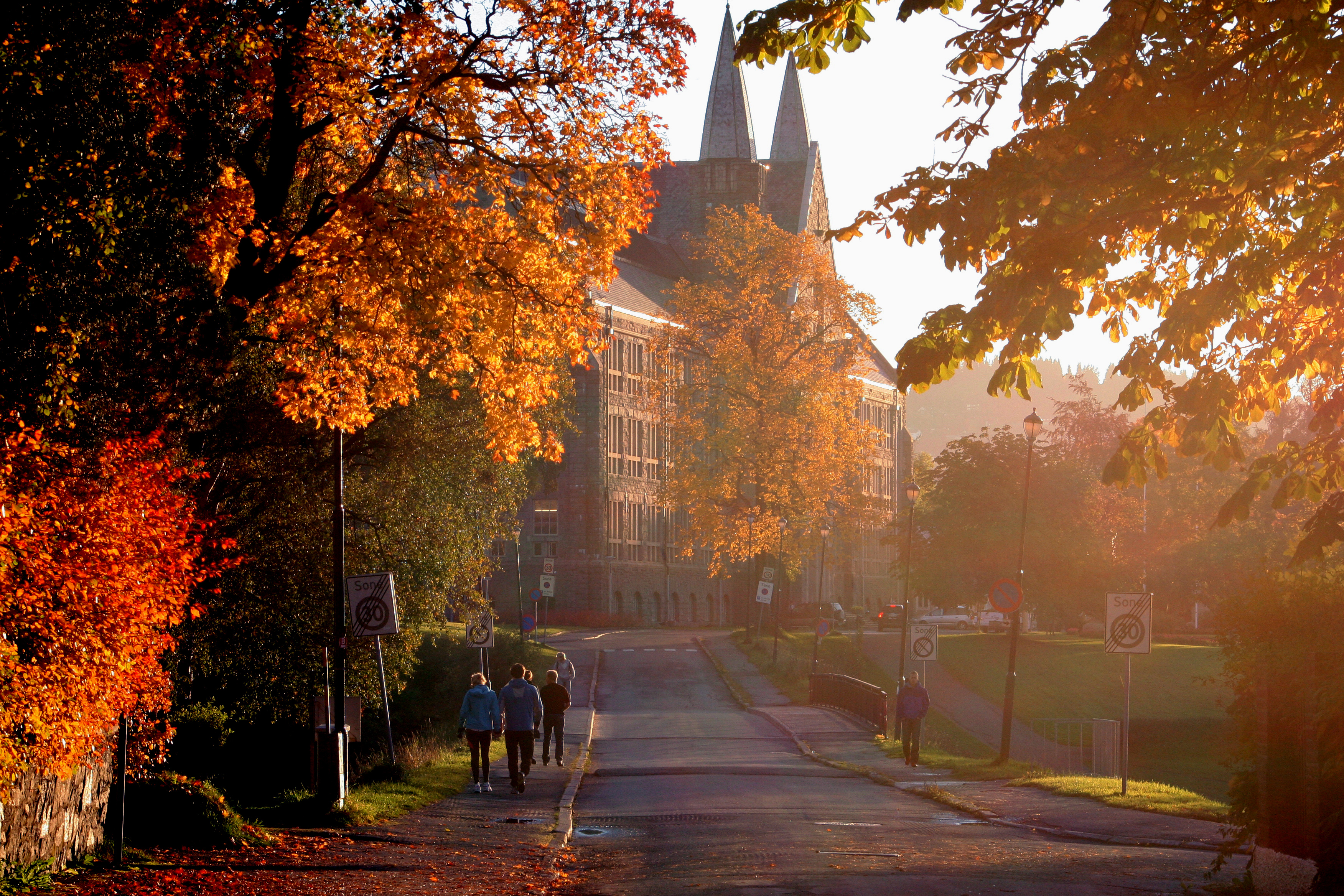The door opener
It is pointless to start a search for female applicants one week before the application deadline. If you want to increase the number of women in a male-dominated field, you have to make long-term plans. This is according to Tor Grande, who recently stepped down as head of the Department of Materials Science and Engineering at the Norwegian University of Science and Technology (NTNU).

“That’s pure rubbish!”
Tor Grande gives us a broad smile. We asked him if it isn’t a problem that there is a shortage of qualified female candidates for researcher positions in male-dominated fields. He does not agree.
“In my experience, many of my colleagues are concerned with recruiting women when they are short a person. But then it’s too late. Then you take a look around yourself and you tend to see only men. You must have already laid the groundwork; otherwise you will usually end up with too few qualified female applicants.”
Tor Grande has served as head of the Department of Materials Science and Engineering at NTNU since 2005. During his tenure, he has worked actively to recruit women to a highly male-dominated field, and the results testify to his efforts. In 2007, women held 2 of 20 permanent academic positions in the department; in 2009, this had increased to 6 of 23 positions. In 2008, the department recruited four women and one man. No wonder that Grande received NTNU’s Gender Equality Award this year.
Clear signals
“What have you done to achieve this”?
“I think I have been successful in giving our female researchers confidence.”
“We have many talented students, especially women, yet they choose other career paths. It seems to me that female research fellows and researchers in our field perhaps need a little more acknowledgement that they are doing a good job. The men seem to have a greater degree of innate self-confidence.”
He believes the challenge is often to increase women’s interest in having the jobs that are advertised.
“This involves an awareness of how you approach women. There are some things that are important for women which may still not be so important for men, such as showing that the job can be adapted to family life.”
Three of the women hired in the department in 2008 were encouraged to apply. Grande believes it was important that they received a clear signal that they were well qualified and had a good chance of being appointed to the positions.
“In my experience, this is an issue you have to work with over time. Applying for academic positions is a matter of maturation. It is crucial to understand that some women who are potential job applicants need some persuasion.”
Building a stable environment
The Department of Materials Science and Engineering recruits students primarily to two study programmes: materials technology, in which 20 percent of the students are women, and chemical engineering and biotechnology, which has 60 percent women. In other words, there is no shortage of potential female research recruits.
“My commitment to gender equality has been based on my observation that our staff has not reflected the student pool. We had been through several generations and it was still very male dominated when I took over.”
“So you are saying that the potential to recruit women has been there, but that you in the department have not managed to take advantage of it?”
“That’s right, we have not managed it. By the same token, we have seen how important it is for the social aspect of the working environment. We have a very good working environment among the students, and I think this is because we are not so dominated by one gender.”
Grande believes that the larger number of women in permanent academic positions has made a difference. It is a matter of building a more stable environment.
“A few years ago, we had fewer women in the recruitment pool at the research fellow level, and we were worried. Fortunately we now have more women again. I think the women who have begun in our department now as research fellows have felt welcome. The fact that there are more women gives a sense of security. It shows how essential it is to develop an environment with several women.”

‘King of the castle’
Grande believes we need to show students that the university is a potential career path.
“The university is often presented as a kind of ‘king of the castle’. We need to tear down this image and explain that this is a place where we must work in groups. One person’s success depends on the greater whole.”
He is also concerned that we prevent staff burn-out.
“In today’s system of performance-based funding, the demands to achieve are great and it is easy to expect too much of yourself and end up being disappointed time after time. I think we need to send the signal that it is all right if things go slower in some periods – life is long. This is especially true for researchers in the vulnerable phase between the ages of 30 and 40 when many of them have children.”
“What have you as a leader been able to do about this?”
“I have tried to put things into perspective somewhat, such as during performance appraisals with employees, and make sure that their level of ambition is manageable so that the younger researchers take a more relaxed approach to research.”
“I have also encouraged male employees to take parental leave to assure them it is all right to do so. We need to take care of the children we have. Now some of our younger men have also stayed at home, and I think that is important.”
Limited understanding
“The central administration at NTNU has taken the lead on gender equality. Has this had any impact at the lower levels of the organisation?”
“I believe it is very positive that the institution is concerned about this issue. I am also sure that we in the various departments will be able to draw on a larger recruitment pool as more and more women pursue technology studies. But I am also a bit pessimistic about how NTNU will deal with this. I am not sure that we have the right leadership for putting an initiative in place to bring in more women.”
He thinks there is too little understanding for the fact that this is one of the main challenges facing NTNU and that the university must change to keep women from choosing other career paths.
“I am convinced of this. If you look at the so-called ‘soft’ technology subjects, they have been recruiting women since the 1970s. But if you count the number of female employees in these areas, there are far too few of them.”
In general, it has been easier to recruit men than women to fellowship positions at NTNU, and only a few of the female doctoral candidates have chosen an academic career at the university. This is the problem NTNU must now address, according to Grande.

Change
“All of us must take responsibility for this, not just those in leadership positions. For instance, the professors are important role models in this context. As a professor, you have a great deal of influence on your students’ behaviour and attitudes, partly through how you treat people. I am convinced that the way we approach our students has a lot to do with whether they want to be here or not.”
He believes it is crucial to show that there is room for change in the various fields.
“I think it is important to convey the message that it is acceptable to be different – you can be yourself. It is not especially inviting if you feel you must be part of the ‘old boys’ network’ in order to get a job at the university. Women must see that the environment has a culture which is capable of change.”
“What advice would you give other leaders in male-dominated fields who want to recruit more women?”
“I would encourage them to be aware of talented women starting at the student level. Notice those who are most able, find them good mentors and encourage them to apply for research fellowships so that several of them gain researcher expertise. I believe we will reap the benefits five to eight years later.”
Translated by Connie Stultz.
In this series, we present some of the leaders from the university and university college sector in Norway who have been successful in changing the gender balance in their environments.
Tor Grande recently stepped down as head of the Department of Materials Science and Engineering at NTNU.
Tor’s advice: Be aware of talented women starting from the student level. Notice those who are most able, find them good mentors and encourage them to apply for research fellowships.
Established in 2002, the Department of Materials Science and Engineering is Norway’s leading university environment in the area of materials technology. The department has the national responsibility for research-based education in materials technology and materials science, and falls under one of NTNU’s thematic priority areas.
Statistics
- The department has 24 academic employees, of which six are women.
- The department has 10 employees in professor II positions; none of these is a woman.
- Six of 37 Norwegian research fellows are women.
- Ten of 35 international research fellows are women.
